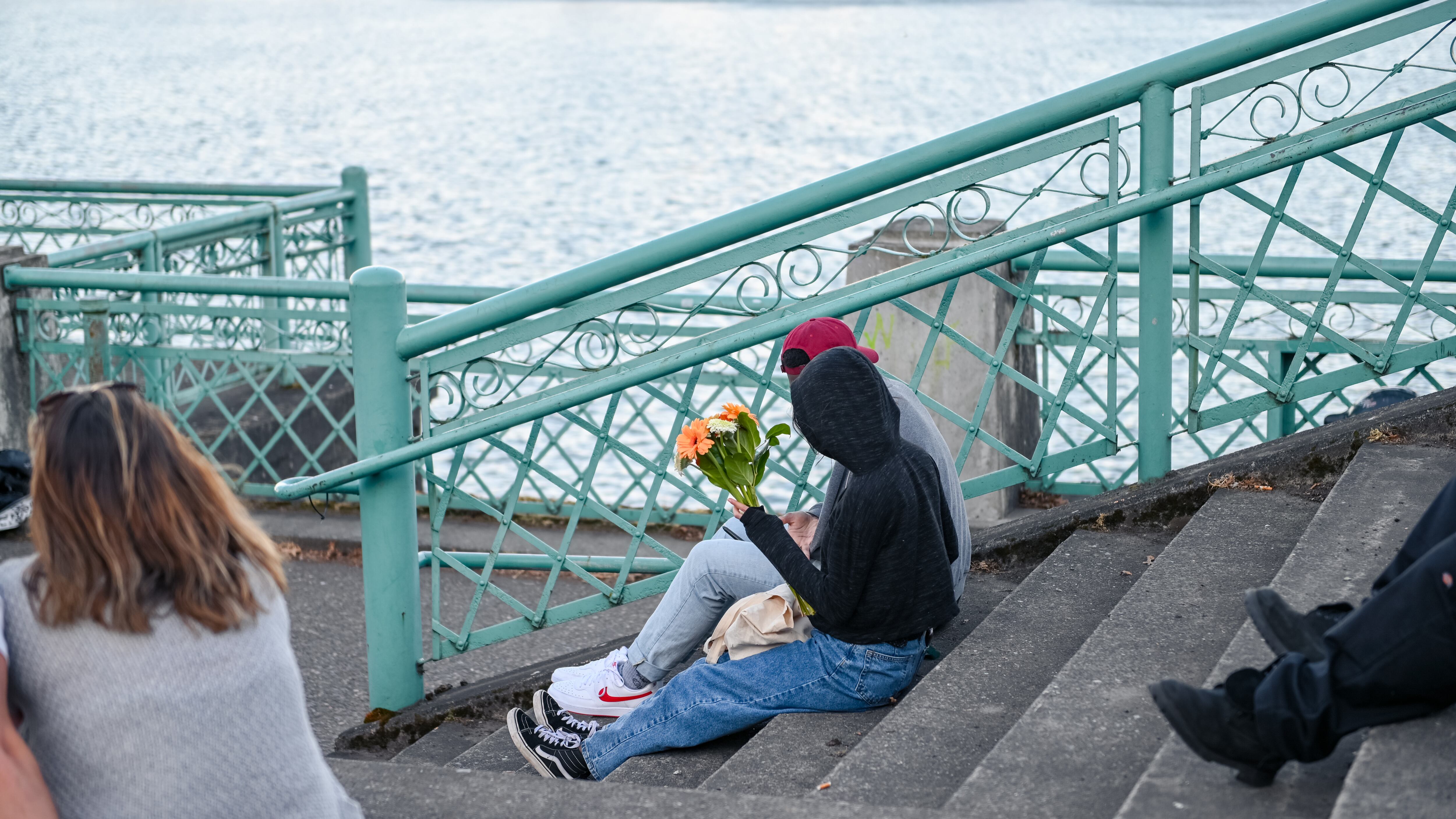From shootings to sexual assault, Black people are greatly overrepresented as victims of violent crime—and that’s just crime that gets reported.
Portland Police Bureau data shows Black people made up 16.4% of the city’s violent crime victims in 2017. Black Portlanders make up 5.7% of the city’s population. Black people and Native Americans are the only racial groups significantly overrepresented as victims of violent crime. The victimization rate for white people was 66.3%, but they make up 71% of the city’s population.
While these numbers show a clear disparity in who becomes a victim of crime, they probably don’t show the full picture.
A study last year by the Portland nonprofit Partnership for Safety & Justice surveyed 40 people of color who had survived violent crimes—and found 75% of them did not report the incident because they feared seeking help would lead to further harm. As a consequence, they didn’t get the same opportunity to heal.
“I didn’t call the police when my own domestic violence was happening,” said one survey respondent, “because, if you are going through diversion and you have police contact, that can be considered a bench probation violation. If I called the police, instead of listening to me, I felt that the first thing they would see is ‘probation’ rather than what I was actually going through. I don’t want my family separated. I didn’t want my kids to be in the system. And I didn’t want to go to jail for reporting. I just felt like I wouldn’t be heard.”
The report also noted a national survey that found only 36% of Black Americans trust their local police very much versus 77% of white Americans who trust law enforcement.
Úmi Vera, interim program director at Portland United Against Hate, says people of color infrequently report hate crimes to the police. PUAH received 351 reports of hate crimes last year in the Portland metro area. Only 19% of those crimes were also reported to law enforcement.
Another reason crimes go underreported, Vera says, is because law enforcement officers are often the alleged perpetrators of crimes themselves. More specifically, 24% of hate incidents reported to Portland United Against Hate last year identified a police officer as the perpetrator.
“So here you have folks experiencing racism of all sorts, including hate and hate crimes,” Vera says, “and on top of that, we know law enforcement are also perpetrators of hate.”
Although PUAH focuses on hate incidents specifically, it shows how people of color and Black people face an added type of violence in their daily lives.
“It has become a legacy of how we’ve survived as communities of color,” Vera says. “As folks of color, we’ve known that we’ve been surviving this kind of hate, and this has been the reality of our lives, but now we get to mobilize and approach elected officials to find solutions for what we’ve been tracking.”
Vera says Oregon’s racist history contributes to the violence Black people experience. One distressing legacy of that history: Many survivors interviewed by the Partnership for Safety and Justice saw their pain as something to be expected.
“When shit happens to you, it’s like normal,” said one person surveyed last year. “This is what happened to us. This is what happened to our parents. This is what happened to their parents. This is the way shit was set up for us.”
This reporting has been funded in part by a grant from the Jackson Foundation. See more Black and White in Oregon stories here.

